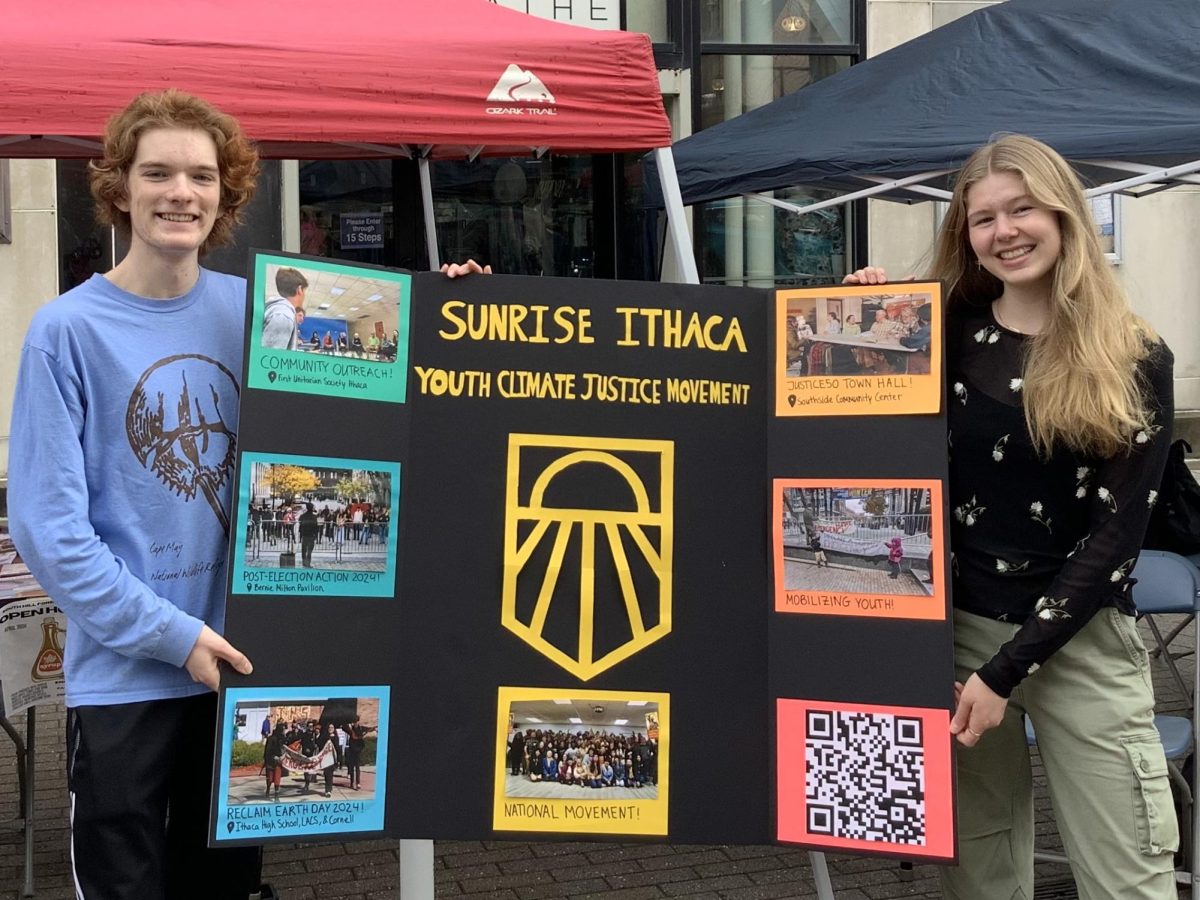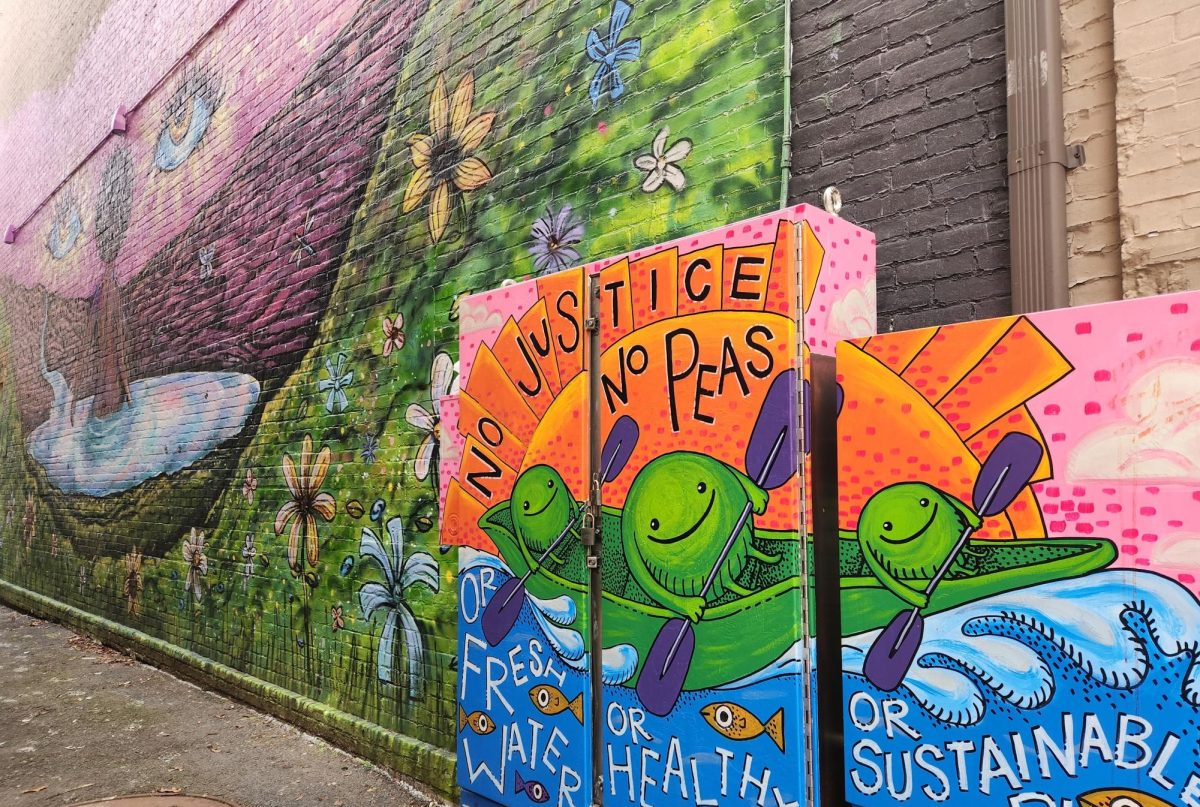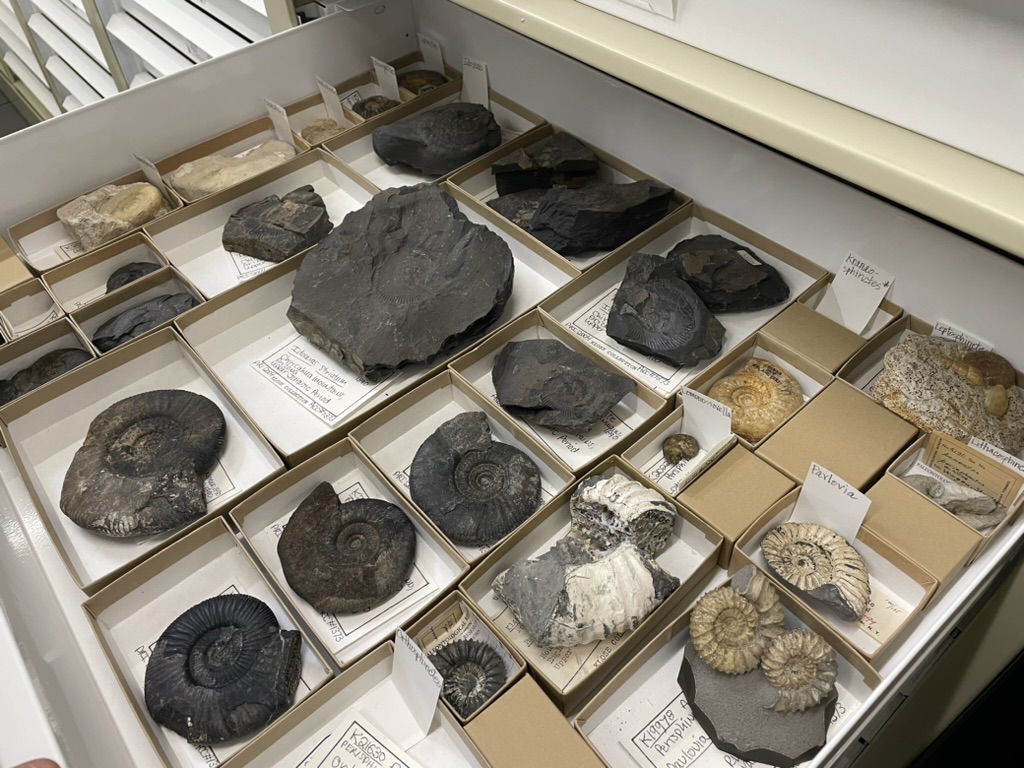Cornell University Associate Professor Kathie Hodge in the School of Integrative Plants Science presented different fungi found in food and how to prevent future mold growth at the Science Cabaret on Sept. 15, held in downtown restaurant Coltivare.
Science Cabaret, inspired by the European “Cafe Scientifique” movement in the 1990s, hosts informal presentations about various scientific topics. The gatherings are used to simplify and spread awareness of scientific research or processes that might not necessarily reach the public.
“Science Cabaret is kind of a challenge to take fairly technical information and make it lively and interesting for ordinary people,” Hodge said.
Kathleen “Kitty” Gifford, the Science Cabaret curator, said this is a way for researchers such as Hodge to share their work. She also found that the community was responsive to the topics being presented.
“In this community in particular there’s a lot of interest in learning about what’s going on,” Gifford said. “It’s a smart town.”
Science Cabaret presented on the process of fungi growth in addition to other topics such as liquid nitrogen, sight and sound, and grape and wine science. Gifford said she aims to increase public awareness of scientific research being conducted in the surrounding area in order to create an informed community.
“A lot of decisions in society are based on current knowledge of science and technology,”Gifford said. “Having an informed public is crucial to making informed decisions and this is a small way to contributing to that.”
Hodge is one of Science Cabaret’s earliest presenters since the series was created in 2005.
Her research at Cornell consists of fungi evolution, characterization and biodiversity. Her presentation, titled “Moldy Oldies: Who’s eating your leftovers?”, displayed fungi specifically found in food to make the information more applicable to everyday life. Hodge used common household food items like bananas, apples and onions to explain the molding process.
“[Fungus] is all around us and yet somehow we don’t see them,” Hodge said. “I’d like people to see the biodiversity of fungi. Knowing about your enemy is helpful.”
Hodge’s presentation focused on how to detect different types of species as well as the impact of mold on one’s health. Although not all mold is bad, Hodge said, some molds release mycotoxins, a toxic chemical product produced by fungi.
In addition to explaining the process of mold, Hodge also discussed the consequences. She stated an estimated 30 percent of people’s food grows mold before it’s eaten, contributing to global food waste and on a larger scale, global warming.
“We all live with mold all the time and it has a very real impact on us,” Hodge said.
Lauren Chambliss, a Science Cabaret audience member, said she rarely thought about the impact of fungi. After attending Hodge’s presentation, Chambliss said she plans to be more hesitant to eating moldy food in the future.
“I was amazed by the number of fungi that are in my everyday life…I never really think about it,” Chambliss said. “It was interesting to see how prevalent these fungi are in our lives.”
Gifford said that Science Cabaret aims to expand scientific outreach within the Ithaca area. By providing the audience with an informal approach to a complicated topic, more people are able to understand.
“It’s another way to expose people to science and there’s less barriers. There’s a satisfaction in providing that opportunity to people.”



















